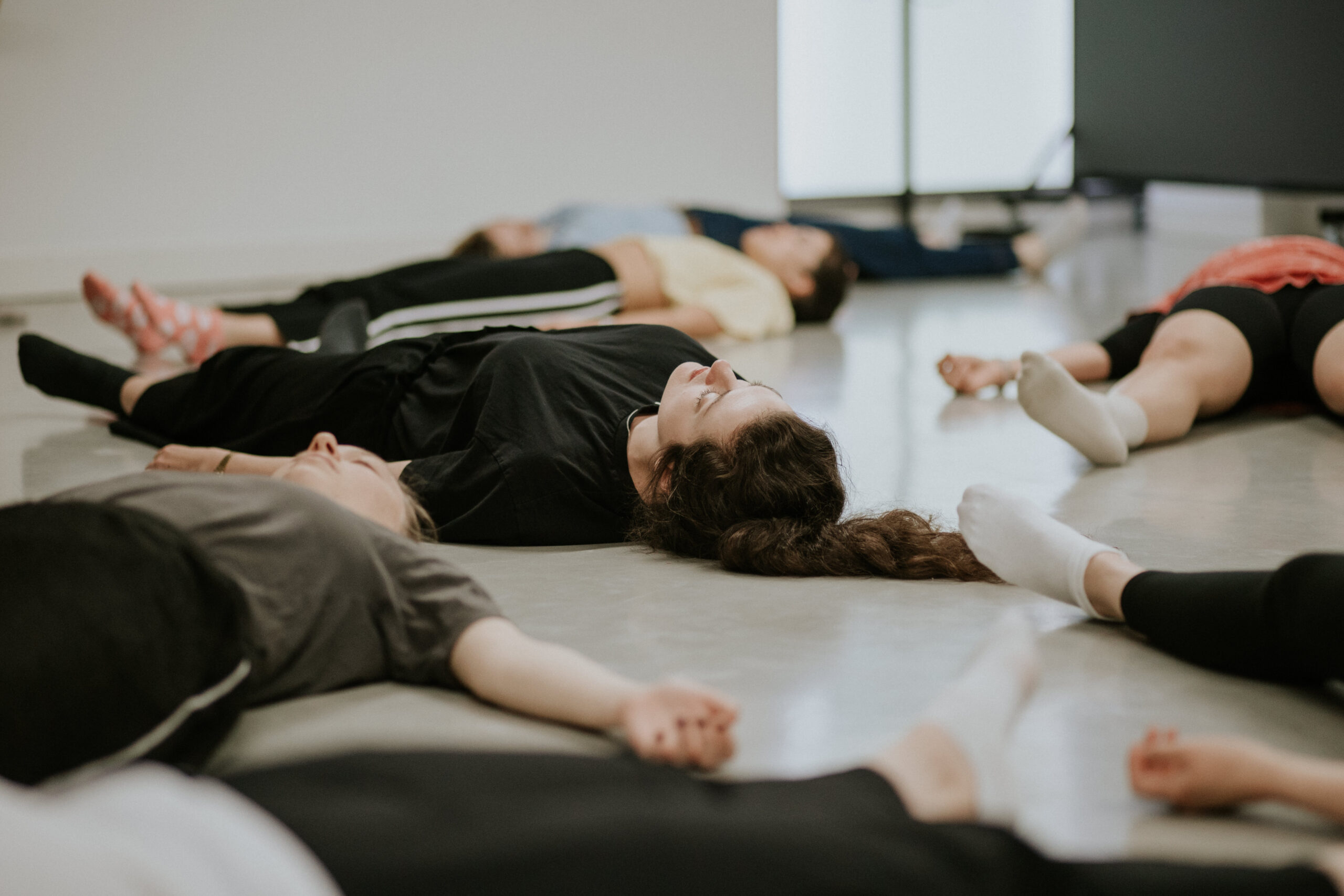Use these seven daily practices to help build up your resilience to stress and help you understand it.
Since I started my coaching business, one of my greatest missions has been to share with others the importance of getting ahead of stress by taking a preventative and proactive approach. By doing so, people (hopefully) won’t end up in the same place that I did – battling with mental health, severely burnt out and chronically ill.
Life has its ups and downs. Stressful situations and experiences will affect us all at various points in our lives. That’s why it doesn’t always work when we simply attempt to remove external stressors from our lives. Of course, this can be beneficial in the short term, but the real shift takes place when we learn to build resilience internally and regulate our nervous system.
In this article, we’ll explore some ways to start building this resilience. But first, I want to share some important psychoeducation, as knowledge is always the first step towards change.
What is the Autonomic Nervous System?
Our Autonomic Nervous System (ANS) is essentially our control centre. It’s responsible for the regulation of our blood pressure, heart rate, digestion, immune system, hormones and many other organ functions.
So, it makes sense that when our nervous system is dysregulated, we might start to see it manifesting physically in our body.
Some common physiological symptoms we can experience as a result of dysregulation are:
- Chronic pain
- Fatigue
- Anxiety
- Irritable bowel syndrome
- Headaches
- Autoimmune conditions
- Skin rashes
How Does Our Nervous System Get Dysregulated?
Through spending too much time in a state of survival, i.e. chronic stress.
Our bodies aren’t equipped to handle prolonged periods of high stress, but, unfortunately, in the world that we live in, it can be easy to slip into it without necessarily recognising that we’re doing so.
Consequently, if we spend too much time in states of survival (this could be the result of trauma, chronic stress, maladaptive coping mechanisms), what is called our ‘window of tolerance’ can get smaller. When this happens, what we can handle without becoming overwhelmed decreases and we might get triggered more easily or start to experience mental or physical health challenges.
Through finding ways to spend more time in the state of rest and digest (rather than the survival states of fight/flight/freeze), we can widen our window of tolerance, gain trust within ourselves and start to navigate challenging situations with greater ease. Once our window is widened, our ANS will also feel much more balanced and regulated generally, and any physical symptoms we might be experiencing will dissipate.
It’s powerful stuff.
Ways to Start Building Personal Resilience
Here are some of my favourite daily practices that we can incorporate in our lives to ensure we’re looking after our wellbeing and spending enough time in the rest and digest response.
- Movement – Are you getting up enough during the day? Do you take time to move or stretch your body? It doesn’t need to be strenuous, but movement of some sort is so important.
- Spending time in nature – This is very healing. Feel the sun on your face, the grass beneath your toes, and breathe. Nature is a great place to practice mindfulness and present moment awareness.
- Ensuring your basic needs are met – Are you drinking enough water, eating balanced meals, getting enough sleep? By following our body’s cues, we build trust.
- Limit screen time – Screens are very activating for our nervous system, especially before bed and first thing in the morning. Maybe you could replace scrolling with a healthier habit like reading a good book, listening to relaxing music or practicing some mindful deep breathing?
- Social connection – Connecting with others socially has been scientifically proven to improve our mental health. Is there enough of this in your life currently or could you invite more in.
- Engaging in hobbies you love – Joy, confidence and love are all elevated emotions that help us connect to our true self energy. Doing activities that we truly enjoy helps us to step into these regulated states which in turn regulates our nervous system.
- Journaling – Gives voice to our emotions. Set a timer and allow your feelings to flow. Hold yourself through the experience and always ensure you end in a regulated state. Maybe a self-hug or some deep breathing.
Often, my clients will say that they’re good at practising self-care when they’re stressed, but that it goes out of the window at other points. This is totally understandable – we’re all human.
However, in order to maintain our wellbeing, it’s important to practice nourishing ourselves every single day. This is how we create a trusting relationship with our bodies and build resilience within. Just like strengthening a muscle in the gym, we must also ‘work out’ our nervous system.
I believe that you have everything you need within you to become truly resilient to handle life’s challenges. My invitation to you is to start doing the work now – it’s never too early to prioritise your health.
If it feels difficult, then start with something small and build from there. I promise you it will feel so good.
If you need help dealing with stress, as a Spotlight member you can get access to support with Wellbeing in the Arts through our Member Assistance Programme. The support is free for members who are 18+ and reside in the UK and Ireland.
Laura is a Trauma-Informed Stress and Nervous System Coach.
Laura helps people who are experiencing challenges such as anxiety, chronic symptoms and the effects of trauma to reconnect with the wisdom of their body and emotions so that they can cultivate balance, learn to self-regulate and build resilience to stress.
Prior to starting her business, Laura worked in a couple of different talent agenciesHaving worked closely with performers, she completely understands and empathises with the challenges that can be faced, and that is why she feels so passionate about bringing her work into this space.
Alongside working with her 1-1 clients, Laura works as a Wellbeing Practitioner on productions, supporting casts and crews with their mental health and to develop powerful tools & practices which can help them to navigate any challenges they may face.
More information about Laura can be found on her website: www.lfwcoaching.com or on her Instagram page: @lfwcoaching.
If you would like to contact Laura about her work or with any questions you might have, then please email her on laura@lfwcoaching.com.





